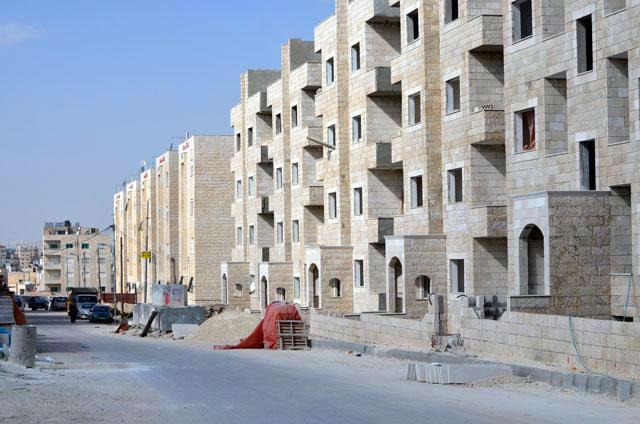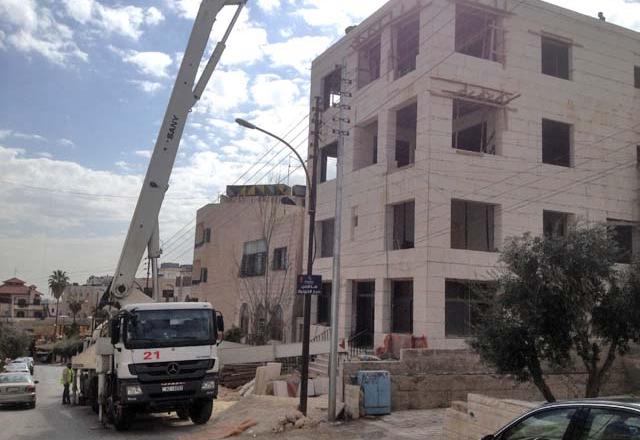You are here
JHDA highlights women’s role in housing sector
By Maria Weldali - Sep 10,2022 - Last updated at Sep 10,2022
AMMAN — Women represent a crucial part in the national housing sector, President of Jordan Housing Developers Association (JHDA) Kamal Awamleh said on Saturday.
In Jordan, an increasing number of apartments or other properties are being registered in women’s names, yet the majority of cases feature women as co-owners with their husbands or other relatives, Awamleh told The Jordan Times over the phone.
Awamleh added that “today, the JHDA has 20 female members who have important roles to play in the local housing market.”
The JHDA president said that local real estate trade volume increased by 24 per cent when compared with the same period of 2021, amounting to JD3.8 billion during the first eight months of 2022.
“Some might think that the increasing trade volume is a positive indicator of recovery, but the truth is that soaring prices of production inputs and freight, coupled with housing developers’ reluctance to invest in the local housing market, led to the increase in trade volume,” he said.
Housing sector investors’ complications with procedural matters also affect trade volume, he added. Investors in Amman need around 12 months to obtain all necessary paperwork for a new real estate project, which increases capital and thereby increase trade volume. Meanwhile, it only takes a month or two to complete all procedures in other governorates, he said.
During the first eight months of 2022, around 25,463 apartments were sold, compared with 25,996 apartments that were sold during the same period last year, according to Awamleh. More than that, 83,167 property sales transactions were completed during the first and second quarters of 2022, while during the same period in 2021, 91,245 transactions were completed, he added.
Some investors in Jordan are buying apartments to diversify their investment portfolios, as owning property is considered “the bedrock of financial security”, Awamleh said. However the majority of Jordanians buy flats for residential purposes, he said.
Awamleh also revealed that most buyers prefer “ready-to-move-in” apartments, rather than under-construction properties, noting that the foreigners who are buying residential properties in the Kingdom are mostly from Saudi Arabia, Iraq, Syria and Kuwait.
Related Articles
AMMAN — Despite the housing sector’s strong performance, there remain challenges that hinder its growth, mainly high interest rates and sale
The government may take a decision soon restricting investments in the housing sector to Jordanian developers only.
AMMAN — This year's housing market has been defined by rising prices and declining purchasing power, according to stakeholders.The last thre

















